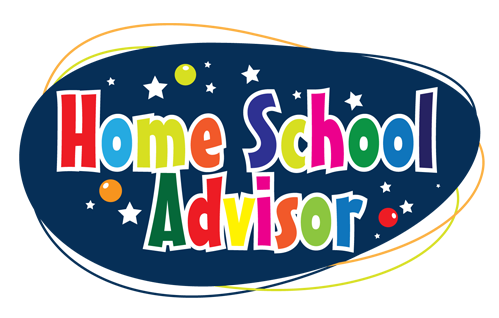Why Public Schools Are Not The Best Choice For Your Children
Education and the method of imparting knowledge or education plays a significant role in the development of a child. There is a visible increase in the number of parents opting for homeschooling for their children. Know more about making the decision of home schooling for your family: pros and cons.
1. Crowded Classrooms

Public schools hold the disadvantage of having large crowded classrooms which makes it difficult for teachers to handle students and work on their weaknesses. One to one interactions become problematic and no individual instruction is given.
Homeschooling allows a parent to work on their child’s individual needs and abilities.
Since one to one interaction takes place, there is better communication and the pace of learning is also faster than that of a public school session.
2. Bullying
![]() Bullying is one of the biggest reasons why parents often consider not sending their kids to public schools. Bullying is known to cause physical and psychological damage which is often very difficult to come out of. Students even end up becoming aversive to going to school and develop low self-esteem. Educational institutions are often unable to counter the problem to the full extent and neither are they able to control the behavior of each and every student. Therefore parents are often scared to send their children to public schools. Homeschooling is one system where a student is exposed to only positive influences and is away from any sort of abuse from peers. The behavior of each child can be controlled efficiently by the parent.
Bullying is one of the biggest reasons why parents often consider not sending their kids to public schools. Bullying is known to cause physical and psychological damage which is often very difficult to come out of. Students even end up becoming aversive to going to school and develop low self-esteem. Educational institutions are often unable to counter the problem to the full extent and neither are they able to control the behavior of each and every student. Therefore parents are often scared to send their children to public schools. Homeschooling is one system where a student is exposed to only positive influences and is away from any sort of abuse from peers. The behavior of each child can be controlled efficiently by the parent.
3. Peer Pressure

There is a lot of peer pressure for smoking, drinking, drugs, physical abuse, etc in public schools. Students are likely to get influenced to fit in or be accepted by the popular peers of the school. They learn how to defy their parents and teachers to do what they want. Public schools usually have rules and regulations to avoid such influences but amongst students, it is a popular belief that rules are meant to be broken.
Homeschooling allows a parent to enforce rules that are mutually acceptable and it is simpler to ensure that rules are followed while negative influences are avoided.
4. Less Extra-Curricular Activities
![]() Schools often tend to reduce extra-curricular activities like music, sports, swimming, etc. Either due to lack of funds or to increase the time given to subjects. Pressure is created to study and thus such opportunities are not provided to the student. A talented or capable student might miss out on a chance to excel in their individual talents and might be forced to study even if they do not have the aptitude for the same. Through homeschooling, a parent is free to explore their kid’s aptitude and talents.
Schools often tend to reduce extra-curricular activities like music, sports, swimming, etc. Either due to lack of funds or to increase the time given to subjects. Pressure is created to study and thus such opportunities are not provided to the student. A talented or capable student might miss out on a chance to excel in their individual talents and might be forced to study even if they do not have the aptitude for the same. Through homeschooling, a parent is free to explore their kid’s aptitude and talents.
5. Collective Pace

In a classroom, students are forced to move in a collective pace. A gifted or academically advanced child may get irritated as s/he is made to wait till others match up to his or her pace. Similarly, an intellectual deficit child may not be able to cope with the other students and face a lot of pressure from the teachers to study faster. Such an environment can be very disheartening for the student and cause issues like low self-esteem and teasing from peers.
“Homeschooling allows the student to learn as per their comfort level, making their student life much easier.”
6. Moral Values And Life Lessons
![]() Due to rigidity in the syllabus and chapters, students are not provided with important life lessons and moral values which the parents these days desperately want in public schools. These subjects are more important than math or science for several parents because they consist of the building blocks of an adult life. Good life values as a child can shape good behavioral patterns and healthy relationships in the future. But unfortunately, there are usually no developments with respect to the education system all over the world. Therefore, homeschooling is one of the best methods of imparting such lessons to the child directly and efficiently.
Due to rigidity in the syllabus and chapters, students are not provided with important life lessons and moral values which the parents these days desperately want in public schools. These subjects are more important than math or science for several parents because they consist of the building blocks of an adult life. Good life values as a child can shape good behavioral patterns and healthy relationships in the future. But unfortunately, there are usually no developments with respect to the education system all over the world. Therefore, homeschooling is one of the best methods of imparting such lessons to the child directly and efficiently.
